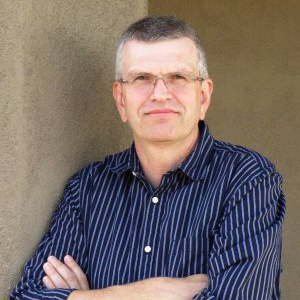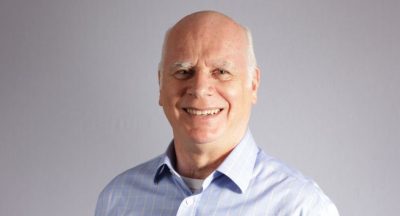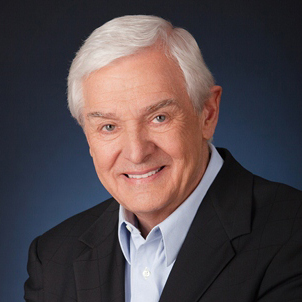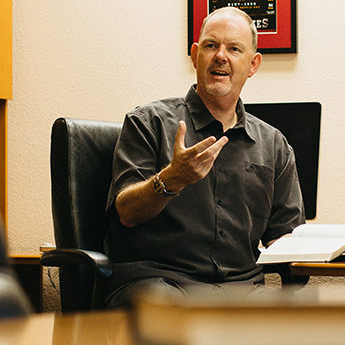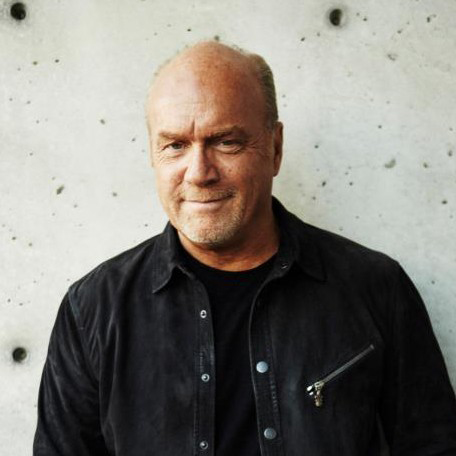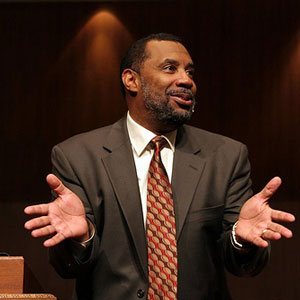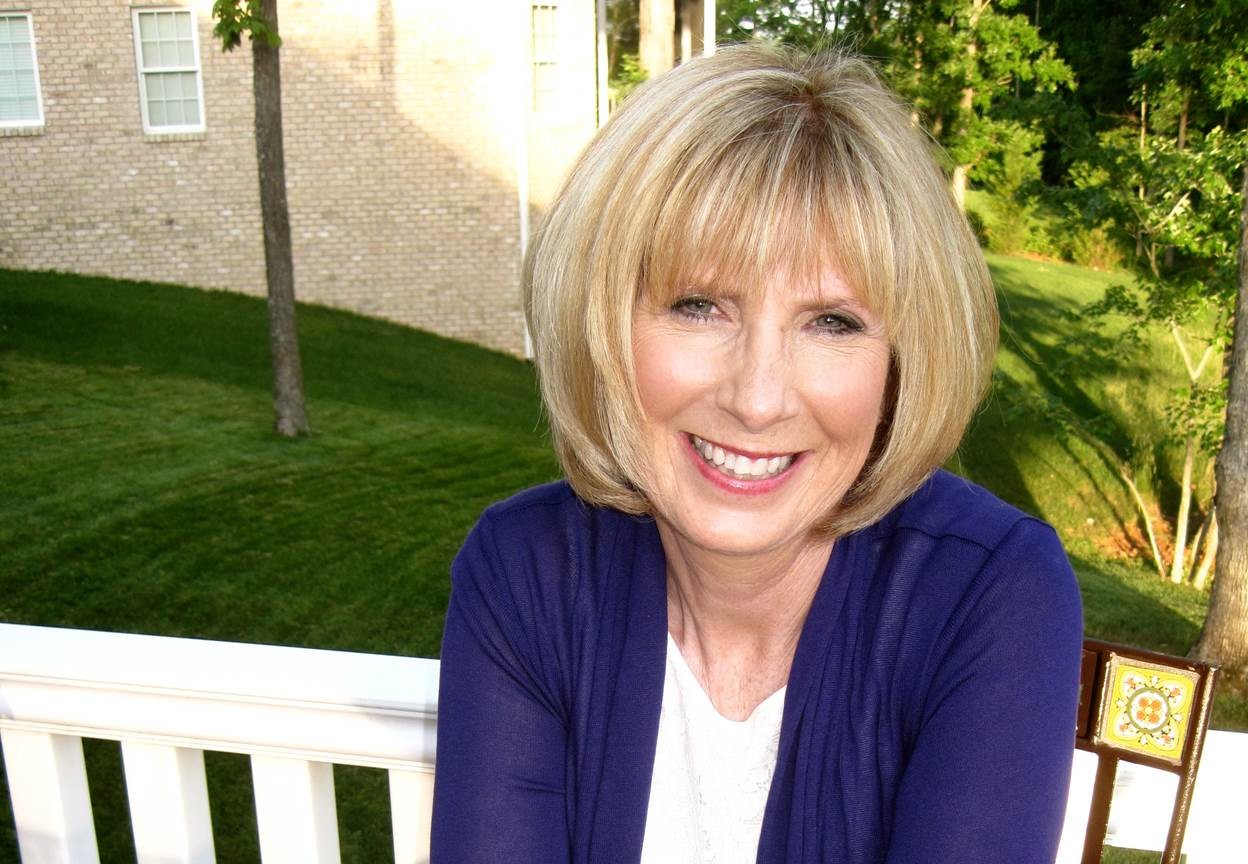**Our guest this week, Dr. Norm Mintle, contributes this blog from his collection of essays that can be accessed at [email protected].
Think about the metric by which your life will be judged, and make a resolution to live every day so that in the end, your life will be judged a success. — Clayton Christensen
I was recently asked to speak to an Honors class. These are upper division students, believed to be la crème de la crème amongst their peers. The topic was to be leadership.
But an article I recently read by Clayton Christensen changed my direction. Christensen, the noted academic, thought-leader and writer created the theory of Disruption while at Harvard. When he died in 2020, our world lost one of its great luminaries. His 2010 article, How Will You Measure Your Life? inspired an entirely new approach to my talk with these bright undergrads. And in fact, it stimulated a few questions and observations I believe might also be apropos for all of us.
Time for a little introspection.
Christensen, who admits in the article that his faith informed all he did, routinely asked his Harvard students to ponder these three questions as each semester ended:
- First, how can I be sure that I’ll be happy in my career?
- Second, how can I be sure that my relationships with my spouse and my family become an enduring source of happiness?
- Third, how can I be sure I’ll stay out of jail?
How can I be sure I’ll be happy in my career?
Frederick Herzberg, the American psychologist who became one of the most influential names in business management, asserts that the powerful motivator in our lives isn’t money; it’s the opportunity to learn, grow in responsibilities, contribute to others, and be recognized for achievements.
This sounds wonderfully reminiscent of Bob Chapman whom I’ve referenced several times in this blog. CEO and Chairman at Barry-Wehmiller Companies, Bob’s multi-billion multi-national began to flourish when, following a sermon at church one Sunday, he came to the realization that all his employees were someone’s precious child. And I should begin cherishing them. Each one.
Now to you, loving one another isn’t a new idea. But in our crazy pandemic-addled world? How well are you appreciating, valuing, actually cherishing others? I’m not talking about a (forced) smile and greeting in the hallways. Not even an additional sentence or two showing (feigning?) interest in someone.
Now. How might you—today—begin to forge real relationships with a few new friends in your sphere of influence? If you do, others will. Sounds like a new kind of super spreader event to me.
Christensen and I join Jesus arguing that our happiness grows exponentially in direct proportion to our ability to replace a self-focus with outward expressions of concern for our others, partners, friends, fellow parishioners. Jesus gave us a model of how to love one another. He loves unconditionally (Romans 5:8), sacrificially (2 Corinthians 5:21), with an ability to forgive (Ephesians 4:32), and forever (Romans 8:38–39). He, and His love, is holy (Hebrews 7:26). We are to love like that.
How can I be sure that my relationships with my spouse and my family become an enduring source of happiness?
Take a moment. Think about your college or seminary student colleagues who you still know. What is their life like today? Statistically, far too many are unhappy, ready to quit, divorced, disillusioned, or worse. How many, back on the day you all walked across the stage, regalia gleaming and excited to finally receive that hard-earned diploma, ever imagined where they’d be today?
How did we all get here? Perhaps, as Christensen opines, they didn’t keep the purpose of their lives front and center as they decided how to spend their time, talents, and energy.
Points to a strong prescription: create a LIFE STRATEGY and then, stick to it.
Now, the true believer’s vision and motivations may have significant spiritual differences than others’. However, the concept works for everyone. Find your True North from the outset and build on that. Or begin now if you’ve lost yours and need to recover it or regroup and craft a new, more relevant updated life strategy.
I attended a Promise Keepers many years ago in which I heard, for the first time, a speaker exhort the men in attendance to consider the most important things in life first. I don’t know any man who, on his deathbed, said ‘I wish I’d spent more time at the office.’
Christensen relates his own journey toward forming a life strategy. While studying at Oxford,
I decided to spend an hour every night reading, thinking, and praying about why God put me on this earth. That was a very challenging commitment to keep, because every hour I spent doing that, I wasn’t studying applied econometrics. I was conflicted about whether I could really afford to take that time away from my studies, but I stuck with it—and ultimately figured out the purpose of my life.
The secret to implementing a successful life strategy, and one that answers the question about success at home with spouse and children, lies in the proper allocation of resources. Think about it. We all have limited time. Today, just like yesterday and tomorrow, offers us the exact same number of seconds, minutes and hours. And we know that every shrewd Christian allocates financial or personnel resources to achieve the personal and family goals.
So, how well are you stewarding your personal time and resources so that, in the end, your answer to this question is rewarding and happy?
How can I be sure I’ll stay out of jail?
As part of my doctoral dissertation, I interviewed Jim Bakker after he was released from prison and had moved to Branson to start over. New wife. New TV show. New life. Same Jim. Throughout the afternoon, our conversation ranged widely. At the end, I told him I had developed a theory of how it all went wrong for him. I was actually somewhat surprised that he wanted to hear more.
The first time you sinned—you crossed the ‘line’—I imagine you recoiled in horror. Begged God’s forgiveness and repented. He wholeheartedly agreed. The second time, it was probably similar. But by the fifth, or tenth time, you began to wonder, ‘ Has God made an exception just for me?’ You see, I continued, you mistook MOMENTUM for God’s ongoing BLESSING.
Now he was curious. I used a metaphor of an old fashioned steam engine pulling a train and rolling down the track. The Holy Spirit had withdrawn from Bakker and PTL, but Jim mistook the train’s momentum rolling merrily down the track with a narcissistic belief that God was still stoking the fire. And because of his vast importance to the Kingdom, was “winking” at his ongoing misbehavior.
The question of staying out of jail can be literal or figurative. The solution to the daily confrontation with temptations is to avoid the margins. What?
Every day, we are confronted with opportunities to choose shortcuts, ends-around, flirting with the margins of financial, personal or spiritual integrity. True believers know the difference between right and wrong. Simple. Period. Nonetheless, the opportunities to fudge just a little bit. The no one will know, or care. The just this one time. Those pop up so often that personal integrity is under constant barrage.
Check the back-story of every fallen leader—throughout time. At some point, each allowed the same deception that Eve fell victim to, to derail their hard-fought integrity train. To stay out of jail, we must have but one resource: the live-in presence of a Holy God’s Spirit. (I Corinthians 3:16-17) Without it, we’re on our own. And that’s rarely a reliable Stay Out of Jail card.
Humility trumps temptation. Every time. Humility trumps ego and pride. Every time. And full reliance of God’s Spirit wraps us in a security blanket that is powerful, divine and eternal.
Dr. Mintle holds an earned Ph.D. in Organizational Leadership. He has served in executive positions across a broad range of media organizations and as a dean in multiple universities. This and previous blogs now provide conversation fodder for a group of True North Leaders online. Join us at True North Leadership on Facebook.


